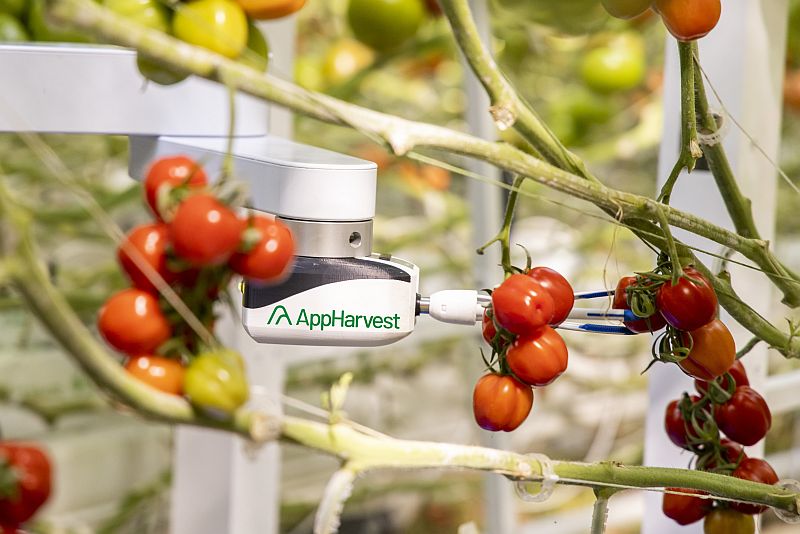
This is the web version of our weekly Spoon newsletter. Subscribe now to get all the best food tech news delivered direct to your inbox.
To quote Phil Collins:
I can feel it coming in the air tonight,
hold on…
When it comes to the very sci-fi idea of literally turning air into protein, we actually won’t have to hold on for that much longer. Startups developing the technology to create protein from air are getting funded recently, which means they’re getting closer to bringing their miraculous products to market.
For the uninitiated, here’s a brief primer on what protein from air is and how it works, from our Spoon Plus Insider Guide to Air Protein that we published last summer:
Air protein is made by feeding elements found in the air, like carbon dioxide and hydrogen, to genetically modified microbes (like yeast) in an electric-powered fermentation tank. The microbes ingest the air elements and output an edible protein. The method is called “gas fermentation” by some companies — notably Solar Foods — and it is similar to brewing beer or making yogurt. All those processes rely on tiny organisms that ingest a fuel source and output a completely new product. In the case of air, that input is carbon dioxide and the output is protein.
The result isn’t a ribeye rendered from air, but more of a base substance that is texturized and applied in the creation of an alternative protein.
There are a lot of benefits that come with making protein from air. Unlike raising animals — or even plants — for protein, making protein from air doesn’t require a lot of land or water and it is not dependent on the weather, or being created in certain climates. These challenges will only be exacerbated by continued climate change, so you can see why protein from air is appealing.
Protein from air got one step closer to our stomachs this week as Finland-based Solar Foods received €10 million (~$11.98 million USD) in funding from the The Finnish Climate Fund. The startup has raised €35 million (~$41.6 million USD) in total, and said it would use this new money to build out a pilot production facility that will be operational in 2023.
But Solar Foods is just the latest company in the space to get funding. Last month, Deep Branch, which turns its CO2-derived protein into animal feed, raised €8 million (~$9.5 million USD) in Series A funding that will go towards completing its production facility. In January of this year, Air Protein closed a $32 million Series A to launch its R&D lab, develop different types of proteins and scale up its production.
Funding in air protein startups is part of a larger — some might even say tidal — wave of investment in the alternative protein space this year. Startups making plant-based protein, fermented protein and cell-based protein have all raised sizeable rounds just since January.
Driving that funding is the fact that we as a planet need to find a way to sustainably feed 9 billion people by 2050. The one nice thing about having that many people is they all breathe, which means they all produce carbon dioxide, which means we’ll always have a source of protein. With tech like this, maybe feeding nine billion people, isn’t as Phil Collins also sang, against all odds.

More Headlines
AppHarvest Acquires Crop Harvesting Robot Startup Root AI for $60M – Root AI’s robotic system can identify and pick a variety of different types of crops.
PAR Acquires Guest Loyalty Platform Punchh for $500M – Punchh collects data on customers and uses it to customize the types of marketing campaigns and promotions sent out.
Mercato Raises $26M to Help Indie Grocers Sell Online – Mercato takes care of order management and processing, online marketing and even connects stores with a network of delivery drivers across the country.
Rotimatic Maker Zimplistic Acquired by Light Ray Holdings – The deal actually closed back in October, but Zimplistic recently talked with us about it and its forthcoming line of consumables it is working on.


Leave a Reply